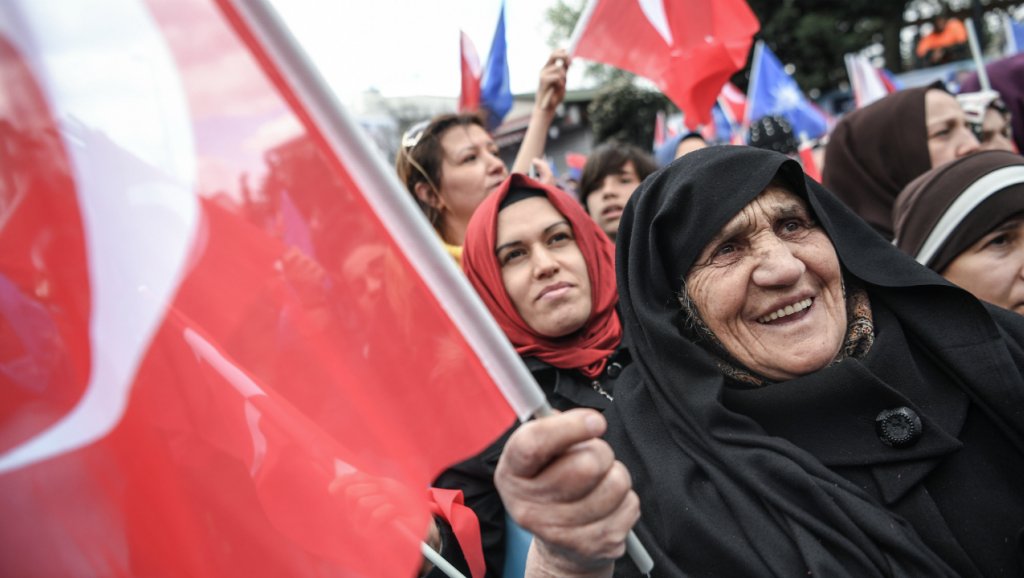By Boris Pavlov, Year 11
For 16 years, the AK Party (AKP), has held control over Turkey, not having lost elections since their rise to power. However, the municipal ones held on Sunday, 31st of March seemed to question the future of President Erdogan’s grasp.
The elections were viewed as a referendum on the government’s response to the economic situation in Turkey. The country has viewed economic downturn, having entered a recession in the final parts of 2018. Its inflation is around 20% and the lira has fallen drastically in value.
This makes his party’s loss to the Republican People’s Party (CHP) in major cities a telling seback. The elections marked the loss of the AKP to the CHP in both major cities Ankara and Istanbul (significantly more populous the the former). When the final votes were cast, nearly 85% of voters had turned out to vote.
Nevertheless, the AKP still won 51.6% of the votes worldwide. However, the election is still a major blow to President Erdogan, Istanbul especially so. He has since called the elections into question, and resolved to address the economic problems.
Many people are, on the on the other, ecstatic at the results. A student at LGB explained that “it’s good news, because it means Erdogan’s reign is weakening.” Another expressed that they are “happy about the outcome of the votes because I think, finally, the voices of the people have been heard.” They explained that there has “been so much corruption and injustice during these last few years,” an that they had “given up hope for any fair results.” Ultimately, they were “positively surprised.”
The leader of the CHP seemed to agree, expressing that “The people have voted in favour of democracy, they have chosen democracy.”
Overall, though the elections are far from revolutionary, the victories in Ankara and Istanbul reflect a major change in the political landscape, and severely put into question Erdogan’s power over Turkey.



